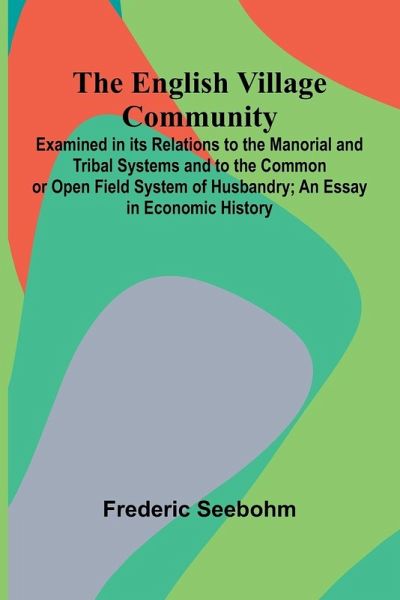
The English Village Community; Examined In Its Relations To The Manorial And Tribal Systems And To The Common Or Open Field System Of Husbandry; An Essay In Economic History
Versandkostenfrei!
Versandfertig in 1-2 Wochen
23,99 €
inkl. MwSt.

PAYBACK Punkte
12 °P sammeln!
Discover the lost roots of England s rural past an absorbing journey into the rhythms of village life, land, and law. In The English Village Community, Frederic Seebohm delivers a masterful economic history essay tracing how medieval agriculture, the manorial system, tribal systems, and the common or open field system shaped village governance and daily life across rural England. Seebohm reconstructs the evolution of the common field system and historical land use with clarity and conviction, illuminating how agrarian practices and social institutions grew from tribal arrangements into organiz...
Discover the lost roots of England s rural past an absorbing journey into the rhythms of village life, land, and law. In The English Village Community, Frederic Seebohm delivers a masterful economic history essay tracing how medieval agriculture, the manorial system, tribal systems, and the common or open field system shaped village governance and daily life across rural England. Seebohm reconstructs the evolution of the common field system and historical land use with clarity and conviction, illuminating how agrarian practices and social institutions grew from tribal arrangements into organized manorial estates and community-run open fields. Readers will find compelling accounts of cooperation and conflict, maps of customary rights, and a lucid analysis of how land tenure forged local identity and power. This edition from Alpha Editions restores a work that had been out of print for decades, carefully renewed for today s and future generations. Far more than a reprint, this volume is presented as a collector s item and cultural treasure ideal for casual readers intrigued by rural England history, students of medieval agriculture, and collectors of classic scholarship. Seebohm s elegant prose and forensic attention to the common field system, village governance, and historical land use make this indispensable for anyone studying the manorial system, tribal systems, or the dynamics of the English village community. Reissued, restored, and reverently annotated, this book reclaims a foundational voice in the study of agrarian practices and communal life.



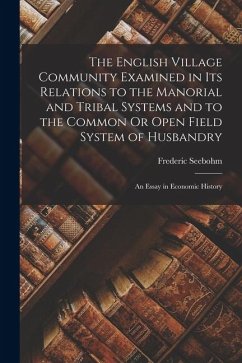
![Confederation Examined in the Light of Reason and Common Sense, and the British N.A. Act Shewn to Be Unconstitutional [microform] Cover Confederation Examined in the Light of Reason and Common Sense, and the British N.A. Act Shewn to Be Unconstitutional [microform]](https://bilder.buecher.de/produkte/66/66190/66190068n.jpg)
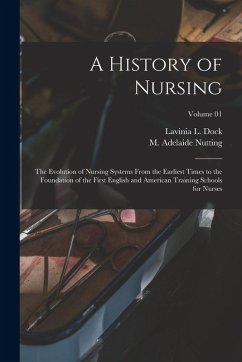
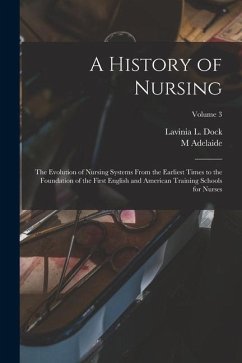
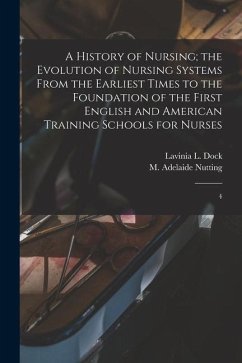

![German Politicks [sic], or, The Modern System Examined and Refuted [microform]: Wherein the Natural Strength of Germany and France Are Compared, the N Cover German Politicks [sic], or, The Modern System Examined and Refuted [microform]: Wherein the Natural Strength of Germany and France Are Compared, the N](https://bilder.buecher.de/produkte/65/65623/65623754n.jpg)


